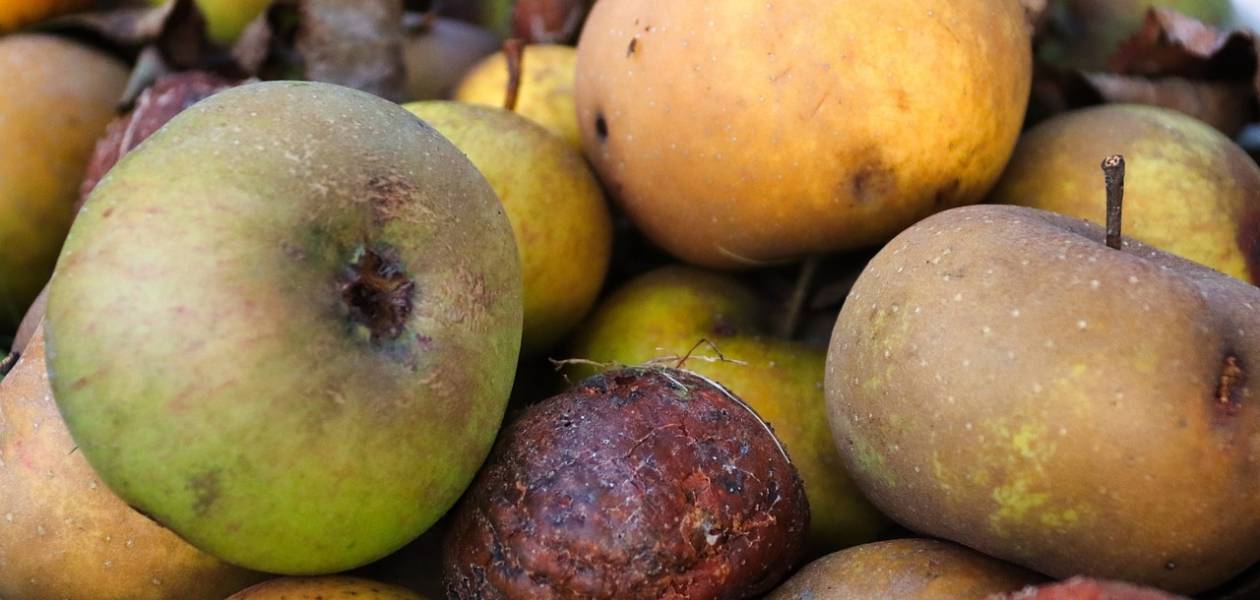
Today, the Commission proposed to revise the existing marketing standards applicable to a number of agri-food products, such as fruit and vegetables, fruit juices and jams, honey, poultry or eggs. The proposed revisions should help consumers make more informed choices for a healthier diet and contribute to prevent food waste.
The Commission put forward the following proposals, among others:
- Origin labelling: Clearer, mandatory origin labelling rules for honey, nuts and dried fruits, ripened bananas, as well as trimmed, processed and cut fruit and vegetables (such as packaged salad leaves). The country, or countries of origin in case of blends or mixes, will have to appear on the label. Listing the countries of origin will increase the transparency for consumers. This should also promote EU production of these products.
- Food waste: The proposed revisions address food waste and packaging waste. For example, so-called “ugly” fruit and vegetables (with external defects but still suitable for local/direct consumption) sold locally and directly by producers to consumers would be exempted from complying with marketing standards. Valorising them in their “fresh” state could offer consumers more opportunities to buy fresh fruit and vegetables at more affordable prices and benefit producers active in short supply chains. Certain products affected by natural disasters or other exceptional circumstances may also be sold if safe to consume.
- Packaging: Products intended for donation may be exempted from main labelling requirements. This will reduce red tape and labels and, therefore, facilitate operators' engagements in donations.
- Fruit juices: it will be possible for fruit juices to bear the mention “with no added sugars” to clarify that, contrary to fruit nectars, fruit juices cannot by definition contain added sugars – a feature that most of the consumers are not aware of. Moreover, to address the growing consumer demand for products with lower sugar content, a reformulated fruit juice would be allowed to indicate “reduced-sugar fruit juice” on its label. To simplify further and adapt to consumer tastes, the term “coconut water” could now be used alongside “coconut juice”.
- Jams and marmalades: the fruit content of jams will be increased from 350 grammes to 450 grammes minimum (to 550 grammes for quality extra) per kilo of finished product. With the increase in fruit content across the board, consumers would be offered a product with less free sugars and more fruits than they currently get. The term “marmalade”, authorised until now only for citrus jams, would now be allowed for all jams to introduce the possibility to adjust the name of the product to the most used locally.
- Eggs: Solar panels may now be used in outdoor areas used in free-range production systems for eggs. This will stimulate greater supply of energy from renewable sources. The marking of eggs would also be done directly at the farm which will improve traceability.
Next steps
The proposals for fresh fruit and vegetables, eggs and poultry are covered by delegated and implementing acts. The texts will be available for public feedback for one month. Afterwards, the delegated acts will be adopted and sent to the European Parliament and the Council for a scrutiny period of two months. The Commission will publish them at the end of this procedure. Proposals covering jams, marmalades, fruit juices and honey are included in directives, and these will follow the ordinary co-legislative process by the European Parliament and Council before their publication and entry into force.
In parallel, the Commission is sending a report to the European Parliament and the Council in view to adopt in a near future new marketing standards for cider and perry, and for the origin labelling of pulses. These products are currently not covered by any marketing standards in the Common Market Organisation Regulation.
Background
EU marketing standards are designed to ensure that the quality of the product stays high, that consumers are protected and that standards are consistent within the EU market. They also facilitate trade with third countries as they are consistent with existing standards at international level since the 1950s. Over the last decade, agricultural markets have evolved significantly, driven by innovation but also changing societal concerns and consumers' demand. Today's proposals will ensure that, in line with the Farm to Fork strategy and the UN's Sustainable Development Goals, marketing standards can contribute to the promotion and uptake of sustainable products, while addressing new needs of consumers and operators.
To be placed on the EU markets and sold to consumers, most agri-food products must comply with EU marketing standards or standards established at international level. Marketing standards concern the external qualities of products and the non-visible qualities that result from particular production processes, like fruit content in jams. They apply equally to both EU products and imported products.
For More Information
Have Your Say platform: proposals for eggs and poultry
Have Your Say platform: proposals for fruit and vegetables
Marketing standards for fruit and vegetables
Marketing standards for poultry
Quote(s)
"Marketing standards are the common language between consumers and operators to know what they are trading, and to ensure loyal competition for all in the EU. Just as any language evolves over time, so do the needs and habits of all actors in the food supply chain. We want to improve the transparency of the products sold to consumers and reduce food waste, while valuing even more sustainable and healthier production methods for producers." Janusz Wojciechowski, Commissioner for Agriculture - 21/04/2023
Sources
- European Commission
Posted on 2023-04-22 12:32








Comments